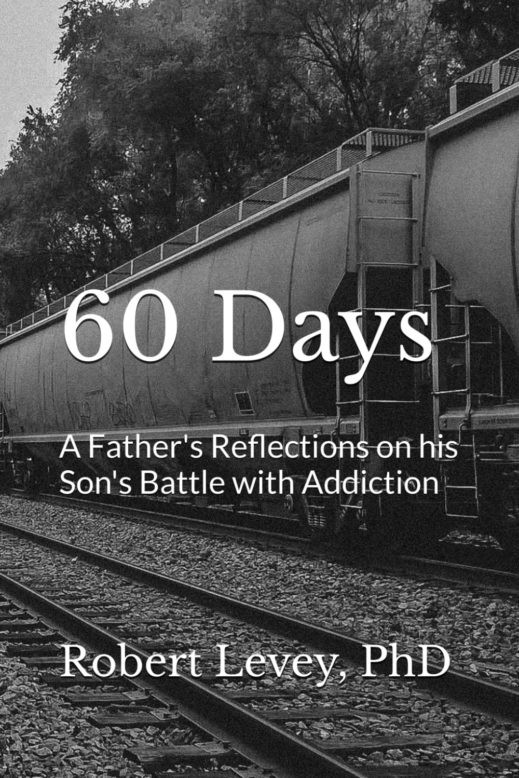Floods, wildfires, drought, biodiversity loss, habitat destruction, pollution, mass riots, war—this is the world right now in active ecological crisis. There is very little recognition, though—much less discussion—about the interrelatedness of these issues, which underscores the urgent need for a transformation in our collective worldview that allows for sanctity of diverse perspectives across cultures.
Deconstructing the Hero’s Journey: The Western Worldview’s Role in Our Crisis
However, a prevailing model for personal and societal transformations is the hero’s journey that, although pervasive, offers a version of reality that feeds the Western worldview within which humans are centered (and in command). The current crises we face as a species demand that Westerners, especially Anglo-American, cisgendered White males (like me), consider their worldview as a primary cause. This worldview is characterized by what Robinson-Morris (2019) said is “the West’s misguided understanding of self, our interconnectedness and interdependence” (p. 3).
Western society, however, does not appear ready to collectively question its worldview. Instead, Westerners individually look outward. Nature and various social issues are objectified as characters in a story. Climate change is characterized as the foe (or monster) within this story, which humans (as heroes) can defeat with the tools (also heroes) of science, technology, or legislation. Simultaneously, these same tools are wielded in an (often separate) attempt to address the complex array of social issues faced by governments and other institutions worldwide.

What if European American (Western) culture’s very use of its tools—science, technology, and/or legislation—is creating the issues that must be solved? The Western (European American) belief in technology reflects a kind of addiction where many people embrace technological fixes as “the answer to social, psychological, and medical problems caused by previous technological fixes” (Glendinning, 1995, p. 49).
Capitalism’s Role: Profit, Exploitation, and the Ecological Crisis
This addiction is part of a larger Western worldview that has not just contributed to the ecological crisis but caused it (X. Chen, 2017). Fueled by capitalism, the Western worldview has led to the exploitation of nature and (marginalized) people as objects whose value is only measured in their utility (Marx, 2005). As a species, we must not only acknowledge the Western world’s addiction to technology but also what X. Chen (2017) referred to as a thirst for profit and capitalist modes of production. The ecological crisis, then, results from the inability of the hero to satiate this thirst.
Embracing New Metaphors: Moving Beyond the Hero’s Journey
In part two of this expansive file, I will explore this proverbial thirst as well as the ubiquity of the hero’s journey, which underscores the need (opportunity) to embrace new metaphors.
References
Chen, K.-H. (2010). Asia as method: Toward deimperialization . Duke University Press.
Glendinning, C. (1995). Technology, trauma, and the wild. In T. Roszak, M. E. Gomes, & A. D. Kanner (Eds.), Ecopsychology: Restoring the earth, healing the mind (pp. 41–54). Counterpoint.
Marx, K. (2005). Grundrisse: Foundations of the critique of political economy (M. Nicolaus, Trans). Penguin.
Robinson-Morris, D. W. (2019). Ubuntu and Buddhism in higher education: An ontological (re)thinking. Routledge.


